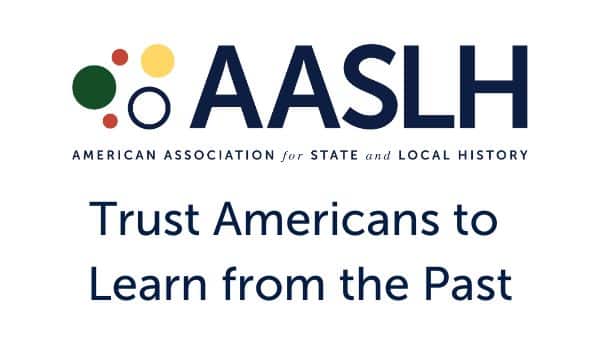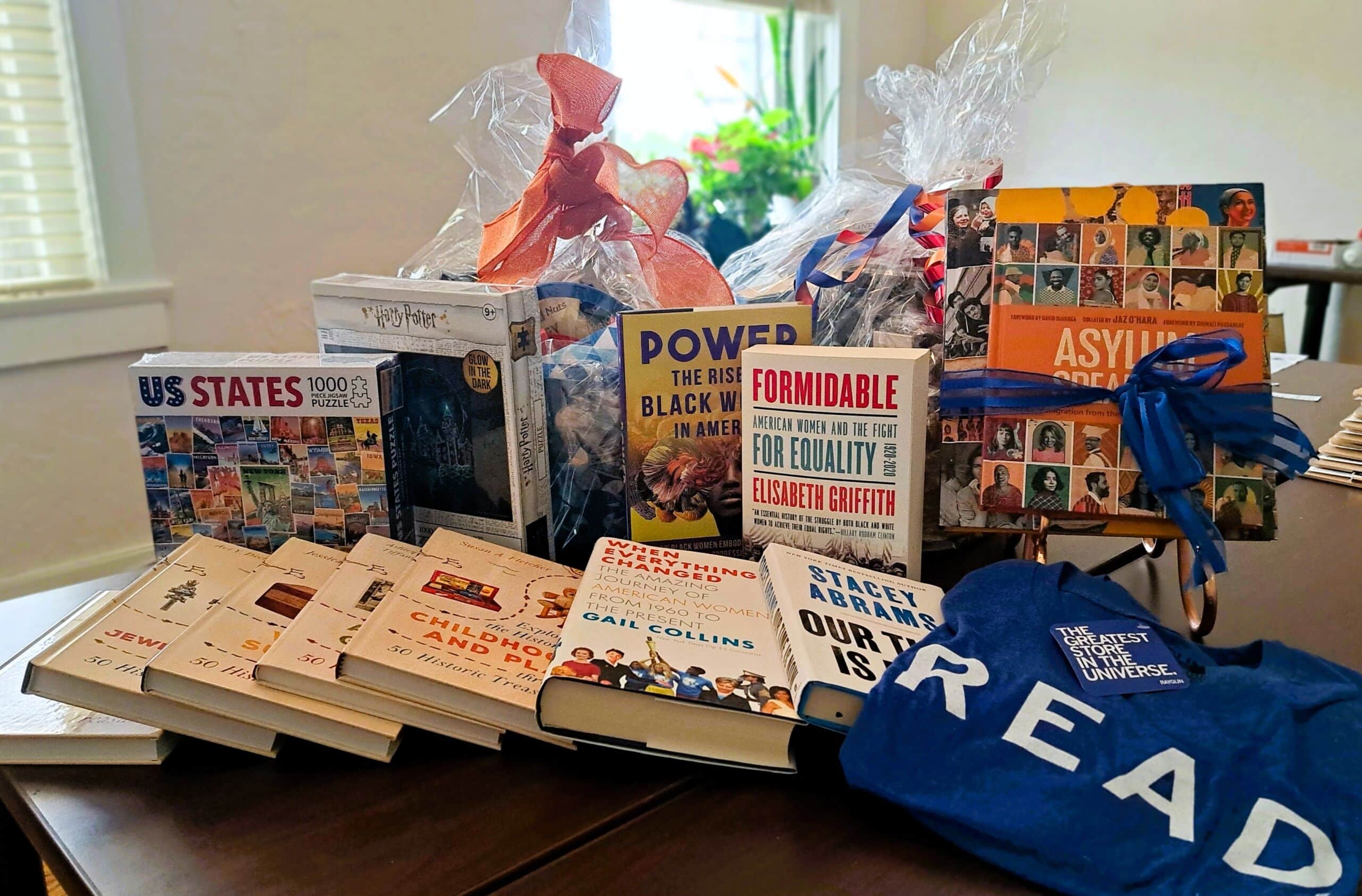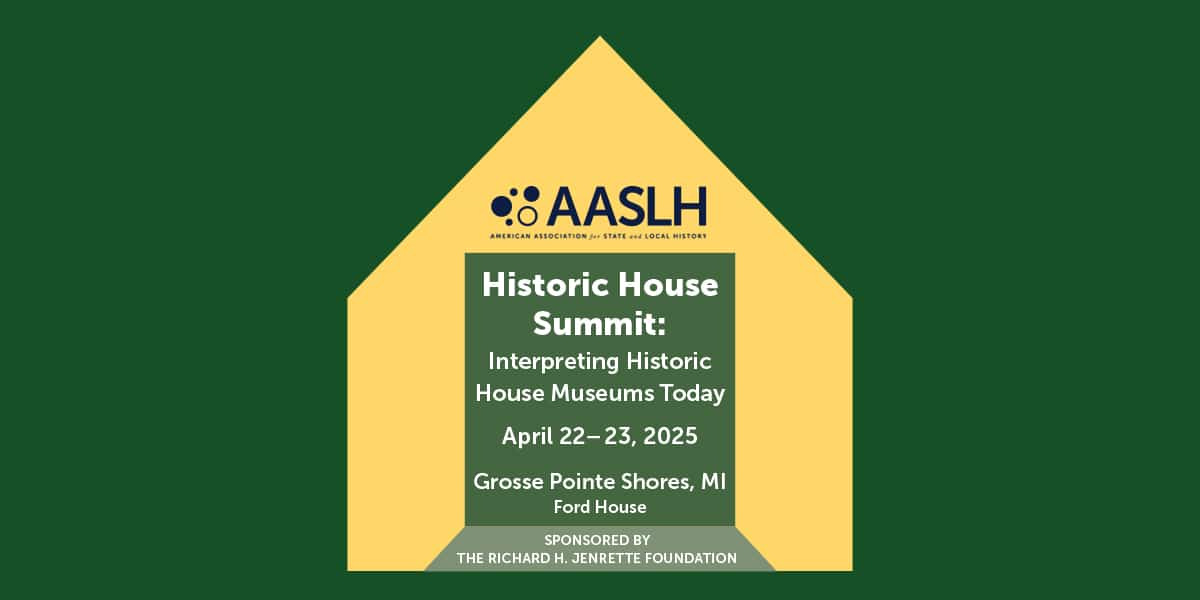
By Kimberly Robinson, co-chair of the AASLH Women’s History Committee
A few weeks ago, we sent out a call to historic sites who are sharing stories of women’s histories at their sites. Featured below are updates from museums and historic sites across the country! Is your organization sharing a story of women’s history? Fill out this form to let us know, and we’ll share it in a future update so we can continue to build community amongst women’s history sites.
Martha Kohl, Montana Historical Society: In 2014 we created the Women’s History Matters website and Facebook page. The website is archived but still gets a fair amount of traffic. We still post to the Facebook page. We also integrated more women’s history into our tours.
Stephanie Seacord, Association of Historical Societies of New Hampshire (AHSNH)/Strawbery Banke Museum: AHSNH member Strawbery Banke Museum was one of the editorial advisors for a legacy project for Portsmouth, New Hampshire’s 400th anniversary. The book and website A History of Portsmouth NH in 101 Objects.
Kim Kenney, McKinley Presidential Library and Museum: Our current temporary exhibition is Women at Work. We selected a variety of professions and researched the history of women’s participation in each. Whenever possible, we profiled a local woman who held that job.
Carolyn Crouch, Washington Walks: They founded organizations, they sponsored legislation, they blazed trails and suffered trials. For generations, women living and working in Washington, D.C. have defied expectations and surmounted discrimination to increase equality, freedom, and prosperity for their fellow citizens. Women Who Changed America is a public walking tour that highlights two D.C. museums dedicated to women’s history.
Melanie Bourbeau, Hill-Stead Museum: Hill-Stead Museum, in Farmington, Connecticut, will present Born in 1867: Theodate’s Generation, October 25, 2023 – March 31, 2024. Hill-Stead, a 1901 colonial revival home set on a sprawling estate, is the first architectural project of Theodate Pope Riddle (1867-1946), a pioneering female architect. Hill-Stead Museum is best known for its stellar assemblage of French Impressionist paintings amassed by Theodate’s father, but it is also an architectural masterpiece wholly conceived by an untrained novice that set the stage for a notable career. Theodate was remarkable but not unique. Countless women, born in the same year as she, were making equally noteworthy contributions across innumerable platforms during a pivotal time when women were breaking a mold. This generation saw the first wave of women to pursue careers outside the home. The aim of this exhibition is to provide a cross-disciplinary survey of up to 20 American women, representing balanced geographic sectors of the United States, multiple cultural and socio-economic backgrounds, and a variety of professions and avocations, including the arts, medicine, literature, journalism, education, and social welfare. Among those to be featured, the most well-known are Margaret Tobin (“Molly”) Brown, Lillian Wald, and Laura Ingalls Wilder. The less well-known are just as fascinating. Photographs, biographies, and objects will illuminate the dynamic stories of these women, contextualizing a broader picture of a large female demographic that in the late 19th and early 20th centuries not only overcame lingering Victorian views that frowned on women’s activities beyond school, church, and home, but also found new roles and occupations for themselves in the fast-changing U.S. economy that emerged after the Civil War.
Susan Ferentinos, Independent Consultant: In March 2023, I participated in a public program at the Harriet Beecher Stowe Center presenting some research they commissioned from me on the sexual identity of the center’s founder, Katharine Seymour Day. Other regional historic sites that are interpreting sexual identity also participated in this program. A video of the event is available.



